In our previous article, we addressed the challenges of injection molding medical devices, specifically laryngoscopes, leveraging our technical expertise to successfully fulfill the customer's order. Subsequently, we've completed injection molding for products like syringes. However, today's focus is on a guideway that presents even greater technical complexity than the laryngoscope.

Firstly, the guideway's dimensions are intricate: it's 11 centimeters long, yet less than 3 millimeters wide, with a thickness of only about 1.1 millimeters. Furthermore, the design requires two holes at the end of the product. It's small, lightweight, with a single unit weighing less than 0.3 grams.
Secondly, the tolerance requirements are stringent: the product's tolerance must be controlled within 0.02mm, and the roughness within 0.05. Given the product's small size, achieving this precision during mold manufacturing is particularly challenging.
Thirdly, the material is new to us: PARA. While we're familiar with PPSU, PEEK, LCP, and other materials, we've never worked with PARA. Despite having a physical properties table, we needed to carefully control various conditions during injection molding to produce a quality product.

To meet our customers' needs, our engineers conducted extensive research and design work. We've managed to control the molded parts' tolerance within 0.003mm and, after consulting information, seeking advice, and conducting multiple tests, we successfully determined the performance of PARA injection molding and completed the order.
As technology advances, the demand for small precision parts is rising, making micro injection molding increasingly prevalent. Overcoming these technical difficulties not only fulfills user orders but also propels the industry forward, marking a significant step for us in medical injection molding.
For any questions or customized product design inquiries, email us at info@yizemould.com. We'll respond within 1 working day and provide a quotation within 1~2 working days.
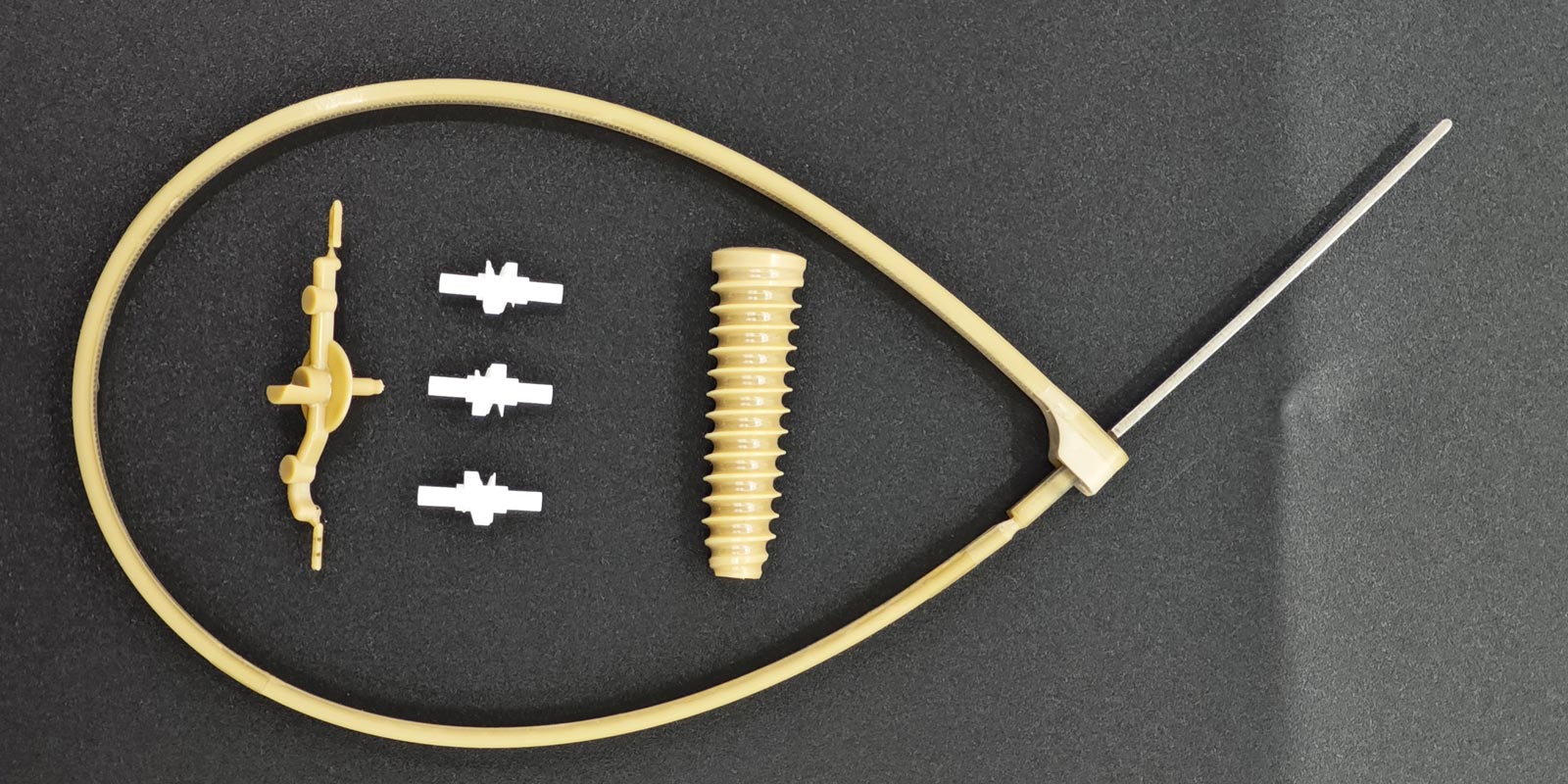
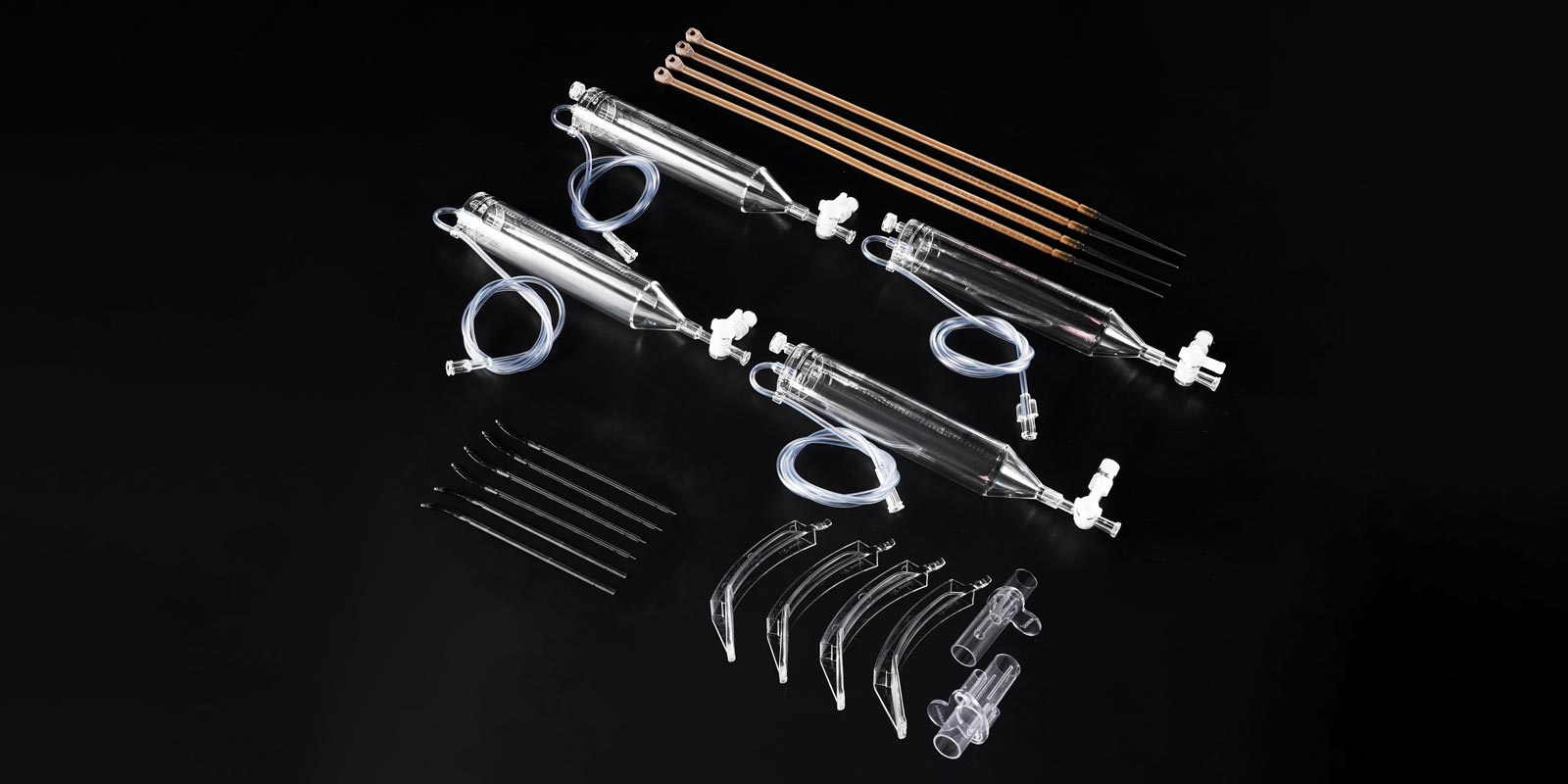
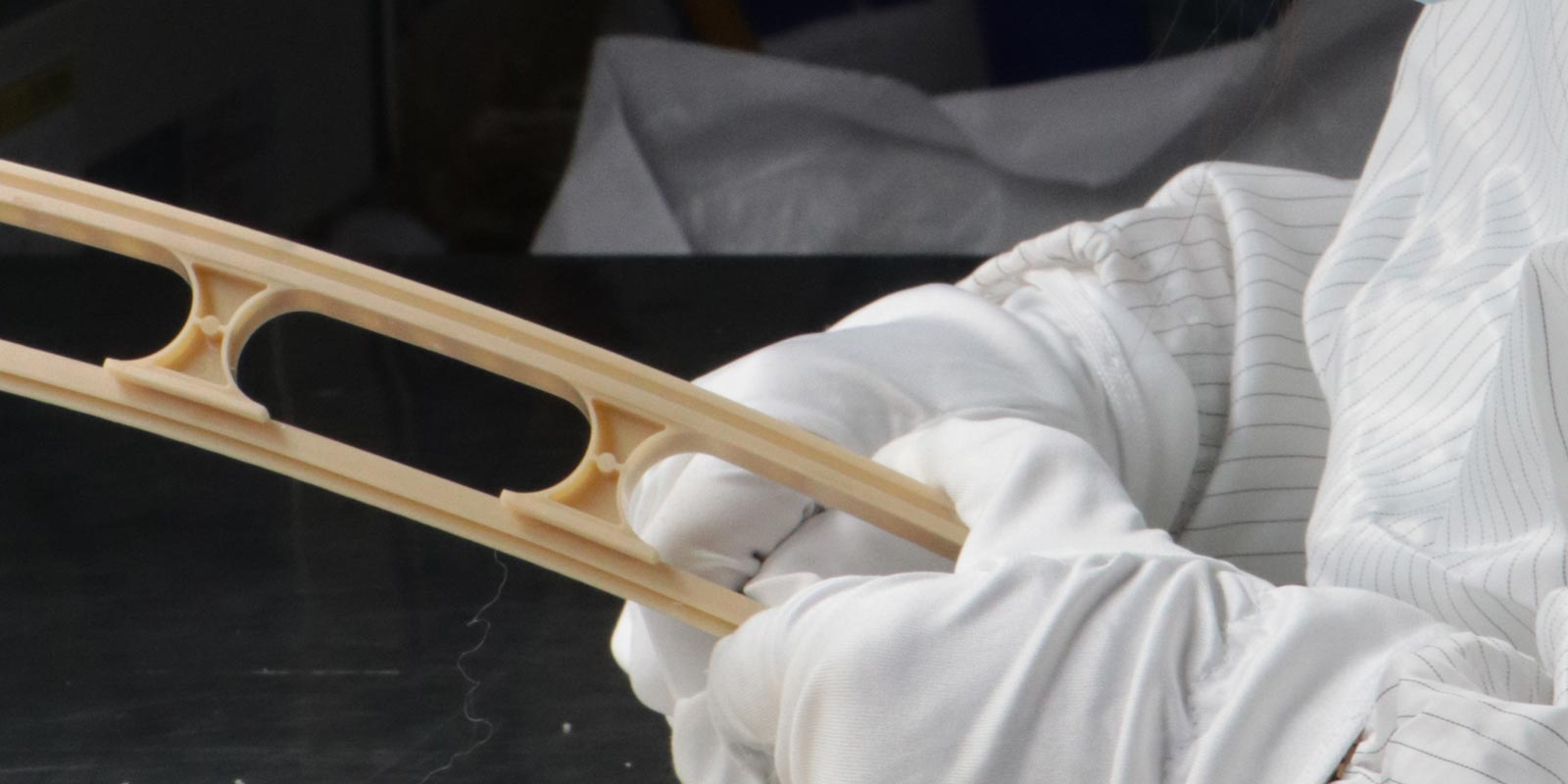
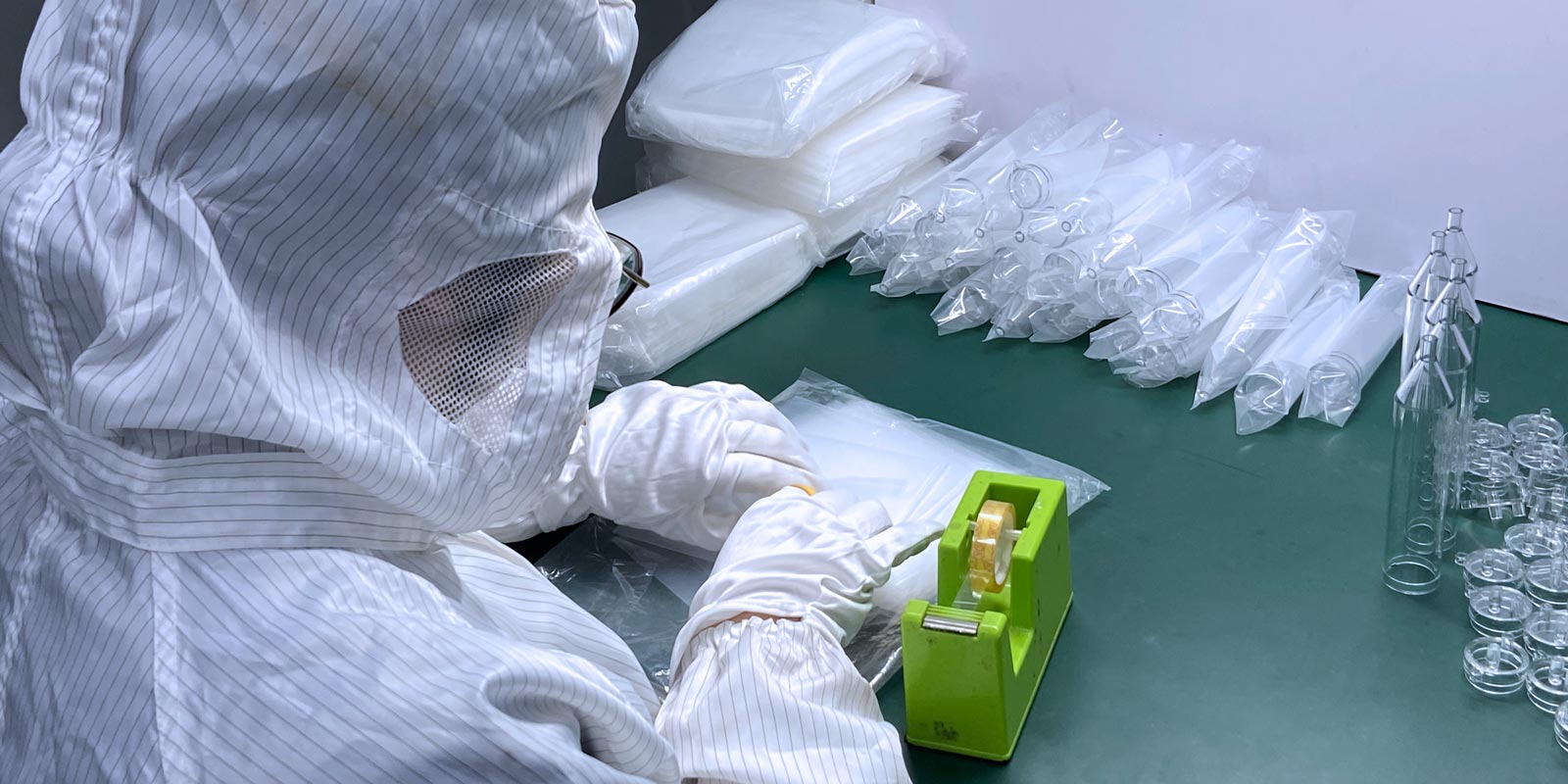
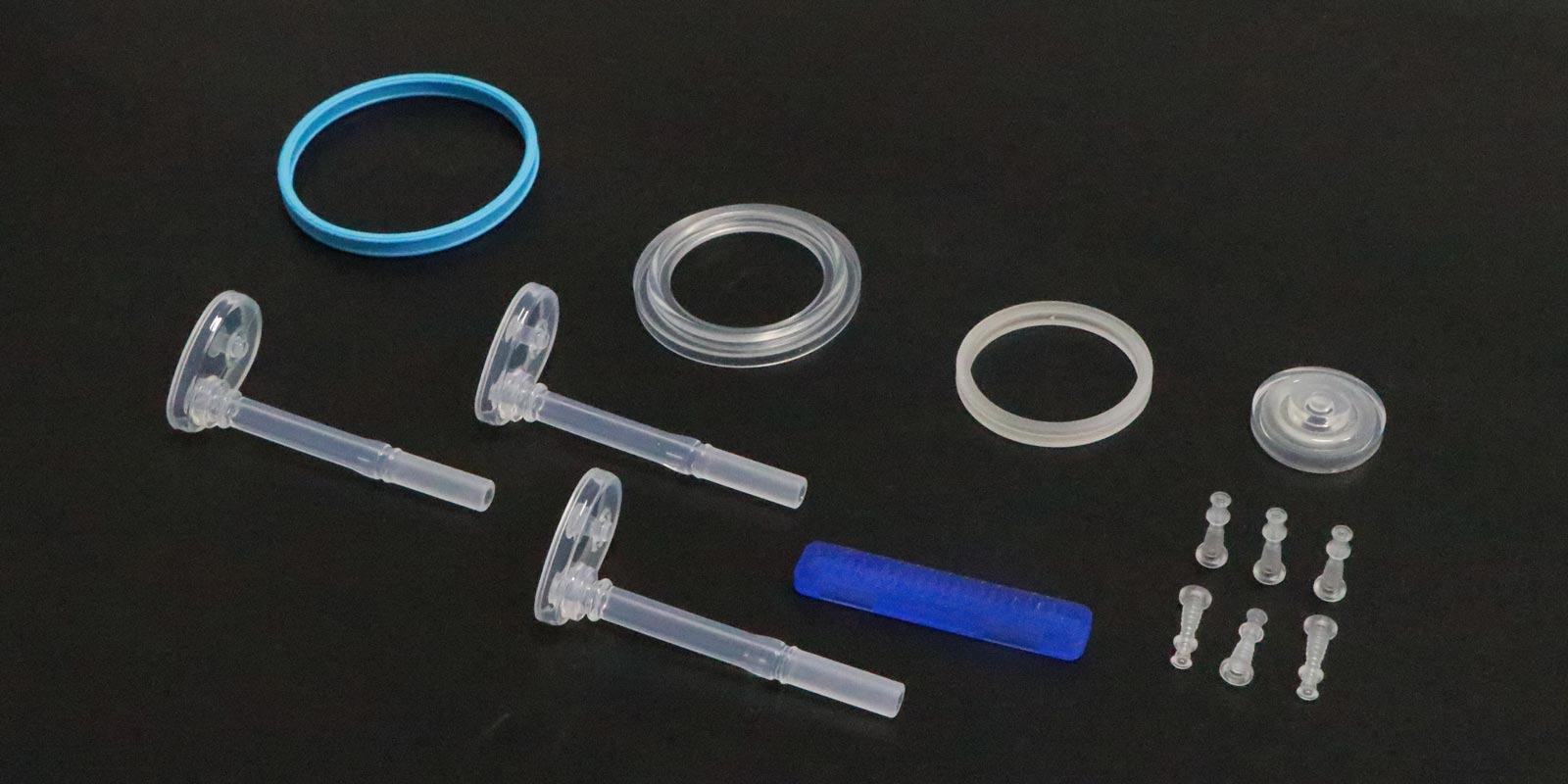











 Home
Home

